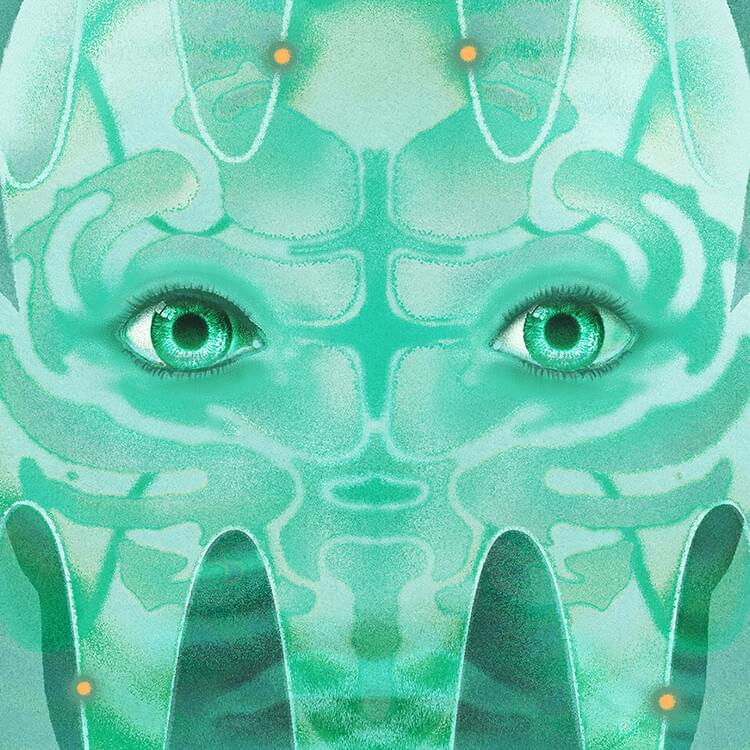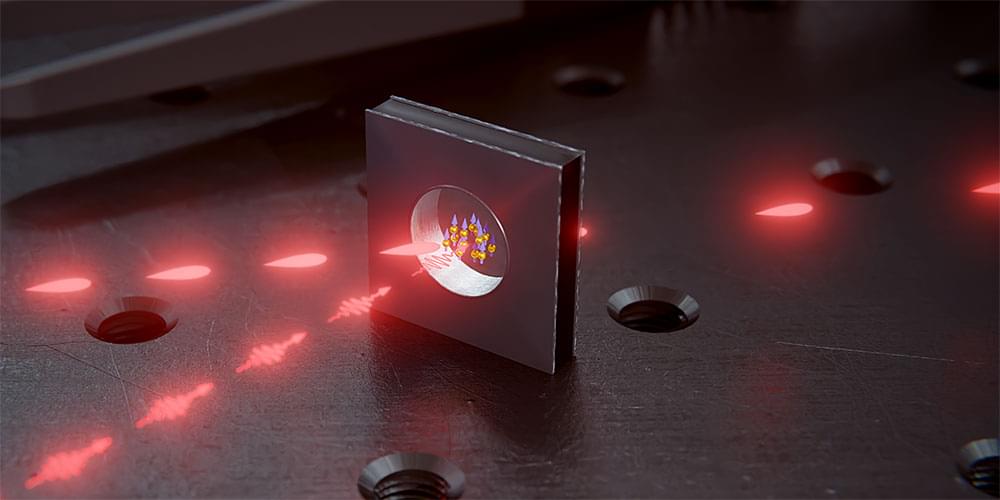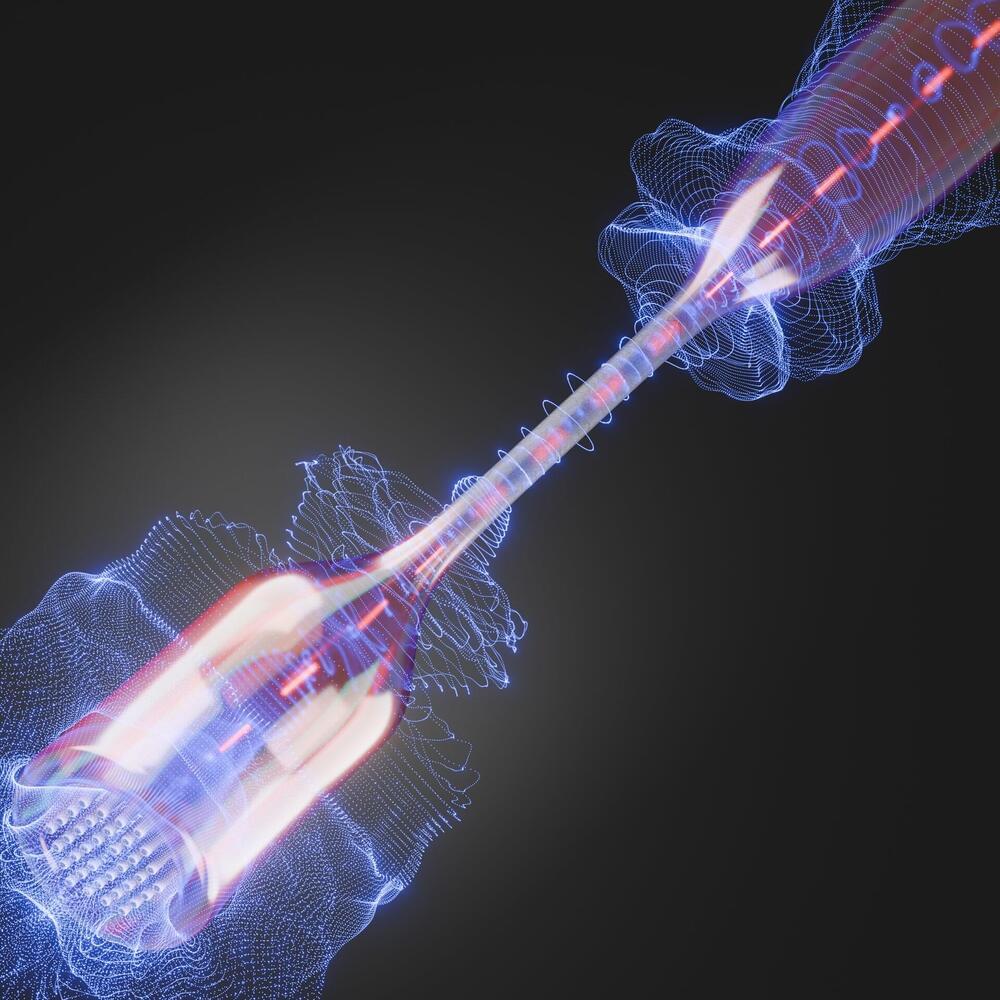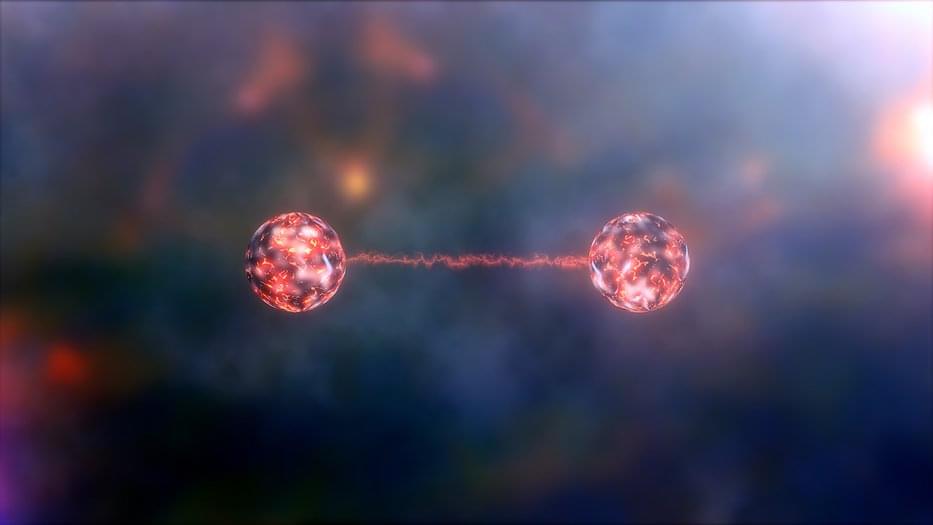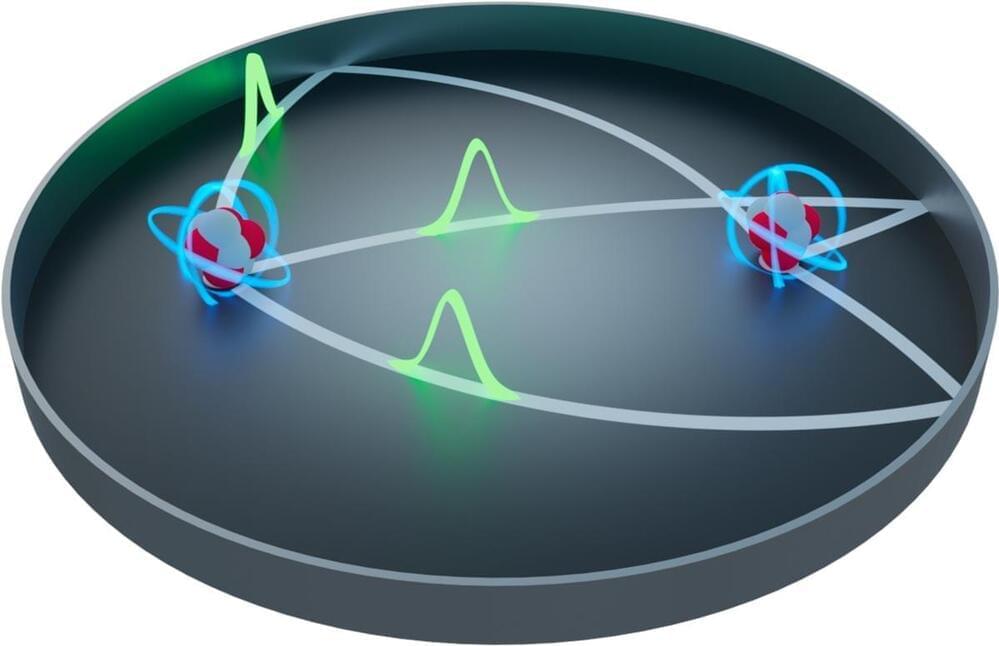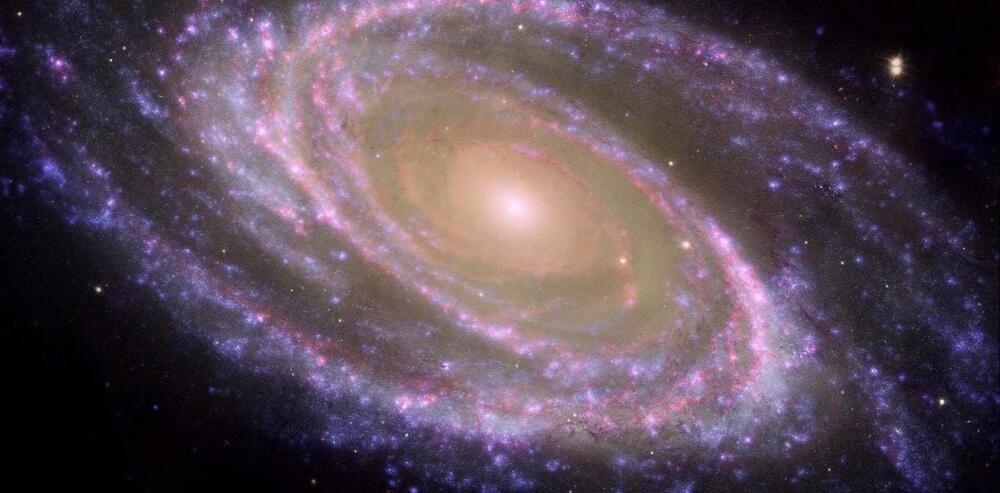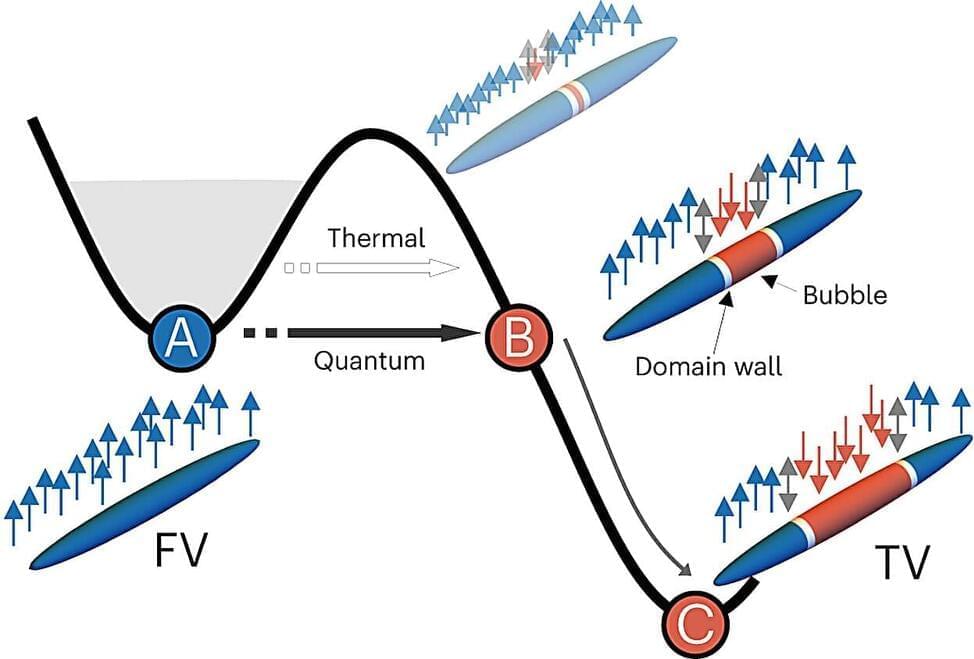
An experiment conducted in Italy, with theory support from Newcastle University, has produced the first experimental evidence of vacuum decay.
In quantum field theory, when a not-so-stable state transforms into the true stable state, it’s called “false vacuum decay.” This happens through the creation of small localized bubbles. While existing theoretical work can predict how often this bubble formation occurs, there hasn’t been much experimental evidence.
Now, an international research team involving Newcastle University scientists has for the first observed these bubbles forming in carefully controlled atomic systems. Published in the journal Nature Physics, the findings offer experimental evidence of bubble formation through false vacuum decay in a quantum system.
